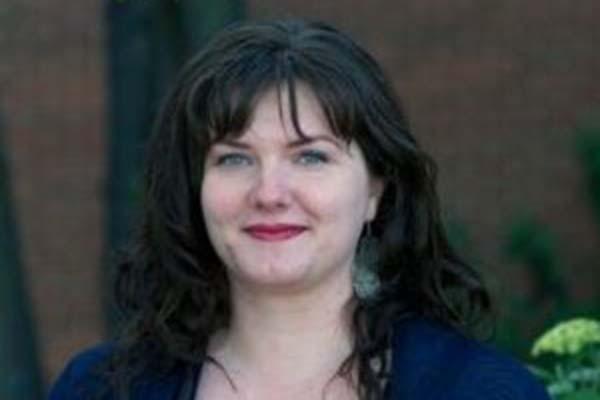
The Institute for Chinese Studies presents:
"Cargo as Archive: Shipwreck Case Studies in the Nanhai Trade"
Amanda Respess
The Ohio State University
with commentators
Stephen Murphy
SOAS University
Derek Thiam Soon Heng
Northern Arizona University
Abstract: In recent decades, maritime archaeology has opened new doors to understanding the cosmopolitan nature of the Nanhai trade on China’s southern coast and in Southeast Asian ports. The archaeological record of premodern long-distance trade found in shipwrecks and port cities offers an alternative archive for historians to investigate the nature of networks of exchange and communities of foreign merchants. This talk will examine case studies of artifacts pulled from Middle Period shipwrecks in the South China and Java Seas that illuminate the possibilities of working with maritime material culture for historians of China and Southeast Asia. A discussion of herbal medicines, inscribed and calligraphy-decorated ceramics, ivory, and candlenuts recovered from the Intan, Belitung, and Java Sea shipwrecks offers new directions for research into transregional trade that look beyond simple inventories of commodities into the merchant communities who navigated inside and outside of Premodern China’s borders.
Amanda Respess is an assistant professor of premodern world history who specializes in the exchange of medicines and other long-distance trade goods on the Maritime Silk Road. Her work examines the material culture of premodern trade networks in the Persian Gulf, South China Sea, and Java Sea and investigates the long duration of Persianate presence in the eastern Indian Ocean region. She is particularly interested in the intersections between the lived experience of maritime travel, medical material culture, the development of Islamicate science, and Traditional Chinese Medicine. Her work engages a critical museum studies approach to trace the afterlives of long-distance maritime trade artifacts from the Indian Ocean World and decolonizes heretofore-segregated histories of global science. Her current book project draws from an archive of shipwreck artifacts recovered from the seafloor between the 9th and 14th centuries to examine the premodern exchange of medical goods and knowledge between Iran and China, and how Islamicate artifacts have been represented in Western museums. She earned her Ph.D. in Anthropology & History (2020) and Graduate Certificate in Museum Studies (2020) from the University of Michigan.
